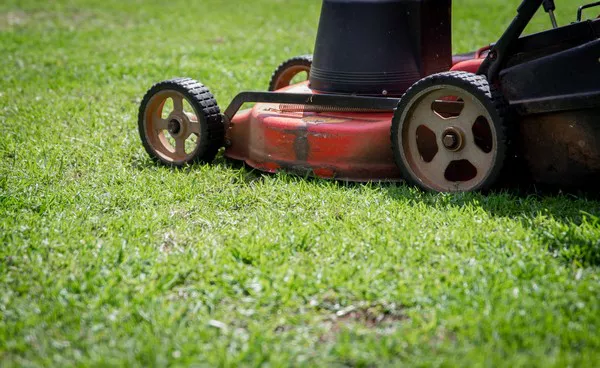Maintaining a lush and well-manicured lawn is a source of pride for many homeowners. The right lawn mower can make all the difference in achieving a beautiful yard while reducing your effort and time spent on lawn care. However, with the plethora of options available in the market, selecting the perfect lawn mower can be a daunting task. In this article, we will explore the different types of lawn mowers and their features, helping you make an informed decision for your specific needs.
Assessing Your Lawn Size and Terrain
Before diving into the different types of lawn mowers, it is essential to evaluate your lawn’s size and terrain. The size of your lawn will determine the cutting width and runtime required. For small to medium-sized lawns, a push mower or a cordless electric mower may suffice. Conversely, larger lawns may benefit from self-propelled mowers or riding mowers to reduce fatigue.
Additionally, the terrain plays a crucial role in your mower selection. If your lawn has steep slopes or challenging terrains, consider mowers with excellent traction and maneuverability, such as all-wheel-drive or zero-turn mowers.
Types of Lawn Mowers
a) Push Reel Mowers
Push reel mowers are the most environmentally friendly option, relying solely on human power. They are ideal for small lawns with even terrain. These mowers use a rotating set of blades to cut grass cleanly without ripping, promoting healthier growth. However, they require more physical effort and may not be suitable for lawns with tall or dense grass.
b) Gas-Powered Walk-Behind Mowers
Gas-powered walk-behind mowers are common among homeowners with medium-sized lawns. They offer more cutting power and can handle thicker grass compared to reel mowers. They are available in various cutting widths and engine sizes to suit different lawn sizes. However, they produce emissions and require regular maintenance, including fueling, oil changes, and spark plug replacements.
c) Corded Electric Mowers
Corded electric mowers are a good choice for small to medium-sized lawns with easy access to power outlets. They are lightweight, easy to maneuver, and produce zero emissions. However, the cord can limit your mowing range, and you need to be mindful of not running over it during operation.
d) Cordless Electric Mowers
Cordless electric mowers are gaining popularity due to their portability and freedom from cords. They run on rechargeable batteries, providing sufficient runtime for small to medium-sized lawns. However, for larger lawns, consider models with higher voltage batteries to ensure uninterrupted mowing.
e) Self-Propelled Mowers
Self-propelled mowers are an excellent option for larger lawns or properties with uneven terrain. These mowers have a drive system that propels the mower forward, reducing the effort required from the operator. They come in both gas-powered and cordless electric variants, providing versatility and convenience.
f) Riding Mowers
Riding mowers are designed for extensive lawns, typically above half an acre. They are equipped with a seat, steering wheel, and controls, making mowing a more comfortable and efficient experience. Riding mowers come in various configurations, including rear-engine, front-engine, and zero-turn mowers, each with distinct advantages depending on your lawn’s characteristics.
Additional Features to Consider
a) Cutting Height Adjustment: Look for mowers with easy-to-use cutting height adjustment mechanisms. Different grass types thrive at different heights, and the ability to adjust the cutting height allows for a customized approach to lawn care.
b) Grass Clippings Management: Consider mowers with mulching, bagging, or side-discharge capabilities. Mulching mowers finely chop grass clippings, returning them to the lawn as natural fertilizer. Bagging mowers collect clippings for disposal, while side-discharge mowers release clippings to the side.
c) Durability and Build Quality: Invest in a mower made from durable materials, as it will have a longer lifespan and require less frequent maintenance.
d) Noise Levels: Gas-powered mowers tend to be noisier than electric ones. If noise is a concern in your neighborhood, opt for electric mowers, which are quieter and more environmentally friendly.
e) Warranty and Customer Support: Check the warranty and customer support offered by the manufacturer to ensure your investment is protected and supported in case of any issues.
Conclusion
Selecting the right lawn mower is a critical decision that can significantly impact the beauty and health of your lawn. By assessing your lawn size, terrain, and specific requirements, you can narrow down the options and find the perfect mower for your needs. Whether you opt for the simplicity of a push reel mower or the convenience of a riding mower, maintaining a well-kept lawn will become a satisfying and enjoyable experience. Remember to prioritize durability, efficiency, and environmental impact to make the most of your investment and keep your lawn looking stunning year-round.


